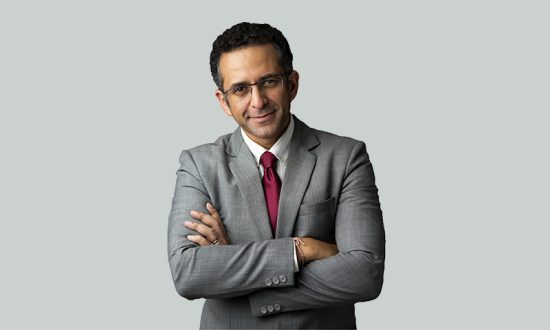Gaurav Bhagat is the very definition of “self-made, he was dabbling in entrepreneurship even when he was 16 and formally started his first company, Consortium Gifts, at the age of 19 years. After having garnered overwhelming success in the business sphere, Gaurav then turned his attention towards training large corporates, business owners, and working professionals so that they can achieve their goals and 10X success as well. Towards this purpose, he launched the Gaurav Bhagat Academy in 2018, it’s an organization dedicated to training and mentoring businesses and individuals, so that they can enjoy the 10X life.
A few months back, at the outset of the winter season, more than 4.5 million Americans voluntarily, not compulsively quit their jobs in a single month. Later, this incident is termed “The Great Resignation.” Indeed, in the current job market scenario, retaining talent is far tough than hiring talent. Presently, the demand for quality people exceeds the supply and competitors always have eyes on productive human resources. A significantly higher level of flexibility at the workplace in a rival organization can induce them to a job change. Thence, flexibility and freedom of work are the most enticing practices of today’s smart HR managers for retaining an organization top talent.
Though money matters a lot to recruiting desired talent, it hardly competes with workplace flexibility and freedom when employees look for change. These things matter more when employees belong to creative departments and they are responsible for developing a variety of different solutions, not just the run-of-the-mill tasks. Providing employees with the kind of flexible work environment in terms of office timing, location independence, the opportunity for sabbaticals, opportunity for education leaves, care giving leaves, and work from home freedom to keep a balance between personal and professional life is the demand of the modern workforce, inspired by the gig economy to a great extent.
There is a breed of creative professionals, especially in digital, IT, gaming, and design sectors that do not feel comfortable under the restricted work conditions and fixed set of norms. Moreover, both demand and percentage of these people are rising exponentially across industries. To extract the best from their skills and potential, employers need to understand the demands of these creative people, which are legitimate in many respects and overlooking their needs, may lead to underutilization of these resources. Eventually, it may cause a great loss to the employer if the employee can’t perform as per the expectations. So, the ultimate purpose of a flexible work environment should not only be employee retention but also keep their motivation and productivity level high.
Freedom on mutually agreeable terms and conditions creates a wholesome relationship between employers and employees, and it often lasts for long and the trust between them increases with the passage of time. Both entities should take time to understand each other. Demands from the employee’s side should be justifiable and in favour of the organization long-term growth. On the other hand, the employer should levy those rules that may obstruct the employee’s efficiency and professional growth. That’s why freedom should be progressive in nature rather than regressive.
Technology is the greatest facilitator of the ongoing working culture evolution as most of the favourable changes are possible only after the fruitful induction of technology in the workplace. Things like remote working and work from home (WFH) were difficult to implement a few years back due to inadequate connectivity and unlimited access to high-speed internet.
The scenario changed dramatically with the rapid penetration of digital technology and the outbreak of the pandemic when the world was giving farewell to 2019. Gradually, companies which were reluctant to talk about the flexibility and freedom of their employees could experience the positive outcome of the freedom that they have enjoyed during the crisis. There are multiple pieces of evidence that show some companies had performed better during the lockdown because their employees delivered better results when they were with their families and dear ones. On the other hand, employers who were rigid and inflexible even during those difficult times faced ramifications of their tough decision as high turnover and low productivity. In fact, The Great Resignation episode is nothing but the impact of employers’ rigid and radical behavior.


